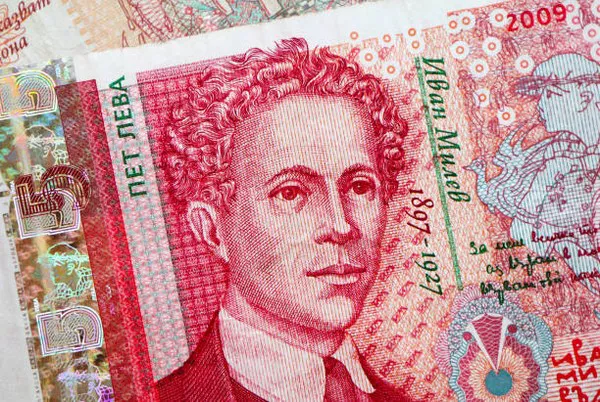As international travel becomes more accessible, one of the key considerations for tourists is how to manage their finances while exploring new destinations. , with its rich history, picturesque landscapes, and vibrant culture, is an increasingly popular destination for travelers. One common dilemma that visitors face is whether to rely on cash or card transactions during Bulgaria In this article, we will delve into the factors to consider when deciding between cash and card payments in Bulgaria.
The State of Payments in Bulgaria:
Bulgaria, as a member of the European Union (EU), has made significant strides in modernizing its financial infrastructure. The country has a well-developed banking system and a high level of card acceptance in urban areas. In major cities like Sofia, Plovdiv, and Varna, credit and debit cards are widely accepted at hotels, restaurants, and most retail establishments.
However, it’s important to note that while card payments are prevalent in urban centers, rural areas and smaller towns may have more limited card acceptance. Therefore, understanding your itinerary and the places you plan to visit is crucial in making an informed decision about whether to carry more cash or rely on your card.
Advantages of Using Cards:
Convenience and Security: Carrying a credit or debit card provides a convenient and secure way to make payments. It eliminates the need to carry large sums of cash, reducing the risk of loss or theft. Additionally, most cards offer fraud protection, providing an added layer of security for transactions.
Exchange Rates: Using a credit card for transactions can often offer favorable exchange rates compared to exchanging cash at local currency exchange offices. This can result in cost savings, especially for those who plan on making significant purchases or spending an extended period in the country.
Record Keeping: Card transactions offer the advantage of detailed records, making it easier to track expenses and manage your budget. This can be particularly beneficial for travelers who want to maintain a clear overview of their spending throughout their trip.
Access to ATMs: Bulgaria has a well-distributed network of ATMs, making it easy for travelers to withdraw local currency as needed. Using ATMs can be a convenient way to access cash without carrying large amounts, and it ensures that you have the local currency on hand for places with limited card acceptance.
Advantages of Using Cash:
Wider Acceptance in Rural Areas: While card payments are prevalent in urban areas, rural and remote locations may have limited card acceptance. Having cash on hand can be essential in these areas, ensuring you can make purchases, pay for services, or dine at local establishments.
Avoiding Card Transaction Fees: Some credit and debit cards may charge international transaction fees. Travelers can avoid these fees by using cash for certain transactions. However, it’s crucial to check with your card provider to understand the fees associated with international card usage.
Budgeting Control: For some travelers, using cash provides a tangible way to manage and control spending. Setting a daily cash budget can help you stay within financial limits and avoid the temptation to overspend.
See Also Unveiling the Origins: Why is it Called BGN?
Conclusion:
Ultimately, the decision to use cash or cards in Bulgaria depends on various factors, including your travel itinerary, spending habits, and personal preferences. A balanced approach is often advisable – carrying a reasonable amount of cash for situations where card acceptance may be limited, while also relying on cards for the convenience, security, and favorable exchange rates they offer.
Before embarking on your journey, it’s advisable to inform your bank about your travel dates and destination to prevent any potential issues with card transactions. Additionally, carrying a mix of cash and cards ensures that you are prepared for various scenarios, providing flexibility and peace of mind during your exploration of Bulgaria’s diverse landscapes and cultural treasures.


